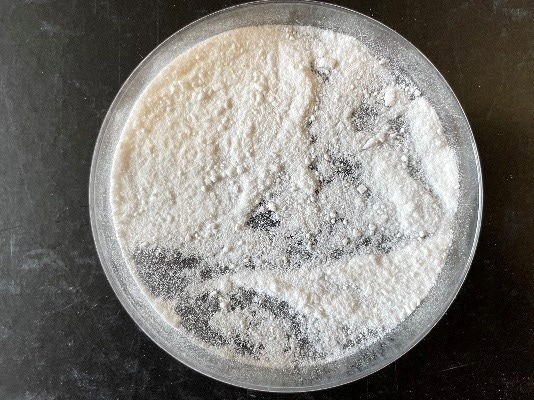Reviewed by Mila PereraOct 31 2022
Spey Resources Corp has declared that the University of Melbourne's Chemical Engineering Department has successfully produced lithium carbonate from lithium chloride that has been removed from the brines of the Company in Incahuasi Salar at the Candela II Project utilizing the Ekosolve™ process.

Fig 1 Lithium Carbonate produced by University of Melbourne. Image Credit: Spey Resources Corp.
Spey has obtained the first Ekosolve production license, which prioritizes the company as the first client to commission Ekosolve to finish the construction proposal, preliminary, and plant engineering and manufacturing at Incahuasi.
EkoSolve has issued seven other licenses and will progressively start engineering once Spey engineering is completed.
The lithium carbonate and the brines that were produced are being examined by an external laboratory to verify the outcomes obtained by the University of Melbourne and the Ekosolve team.
The brine was subjected to 10 phases of continuous processing that took around 22 seconds for the solvent to withdraw the lithium in each phase. The 10th phase removed 135.05 gm of contained lithium from 140.23 gm, a 96.03% recovery rate.
The lithium carbonate’s purity was set at 99.5% based on the sodium carbonate utilized to change the chloride. The Mg:Li ratio was over 15:1, and the EkoSolve™ process performed exceedingly well. The trial was initiated by Ekosolve Ltd. and reported to Spey.
We are delighted to achieve these results. This not only proves the validity of the Ekosolve™ process for Incahuasi brines, but also the fast processing time using columns. Ekosolve Ltd. is planning to build a 100 tonne mini plant in Salta and the Company is in active discussions with Ekosolve Ltd. regarding a potential joint venture opportunity.
Phil Thomas, CEO, Spey Resources Corp